Ingrid Pitt starred in Hammer’s 1971 horror classic Countess Dracula. MACSEN MATTHEWS goes behind the splatter and reveals the shocking real-life cruelty and vanity on which the film was based.
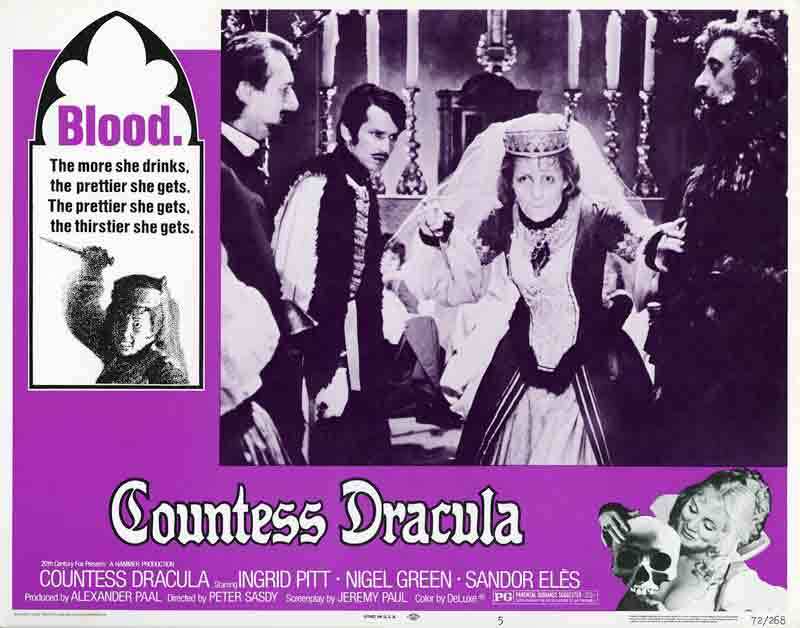
Countess Dracula, Hammer’s 1971 take on the original Dracula legend, still continues to horrify audiences today. Of course, the infamous Dracula title may imply that the story’s origins are intertwined with Bram Stoker’s novel and the infamous Impaler, however, this time, a comparatively shocking villain overshadows Vlad.
During the late 1500s, the adolescent daughters of peasants were lured to Csejte Castle with the promise of well-paid servant work. Later, daughters of the lower gentry also began to disappear.
The number of victims varies wildly – some claiming that up to 650 girls were murdered – but the perpetrators were eventually convicted of 80.
Who was Elizabeth Bathory aka Countess Dracula?
At the centre of this was Hungarian Countess Elizabeth Bathory. Renowned for her cruelty towards her servants, in a time when ill treatment was common, the story of “Countess Dracula” has become the stuff of legend.
The Countess, born in 1560, was said to be a highly-intelligent woman, fluent in Hungarian, Latin, German and Greek, astounding if you consider that most Hungarian noblemen could barely read or write. It is this intelligence that makes her most infamous act – bathing in the blood of young virgins – even more startling, as she actually believed this bolstered her youthful beauty.
It is this fact that has carried her story across centuries. The story still resonates today, as The Countess exposes the lengths some will go to in the pursuit of beauty – she has become the incarnation of vanity and reveals the darkest side of the fairer sex. Society encourages us not to expect women to be the perpetrators of violence – a view which both modern and historical crimes tell us is warped.
We live in a society that places substantial importance on shallow goals – material wealth and a warped perception of beauty. The Countess possessed both of these, and went to, clearly, extreme and immoral lengths to secure them.
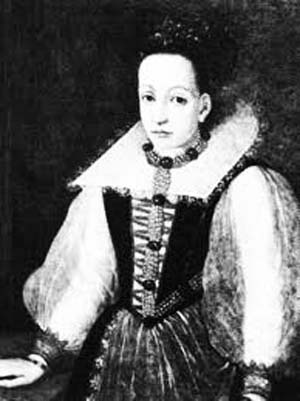
The political situation at the time may have played a part in her eventual arrest – some may argue that the crimes only came to light so The Crown could avoid paying back a loan from The Countess’s late husband and to reposes her lands.
The Countess herself, unlike her cohorts, escaped execution and was instead immured in her castle tower, spending her remaining three years in a windowless cell.
An unpleasant end, but more dignified than that of her victims.
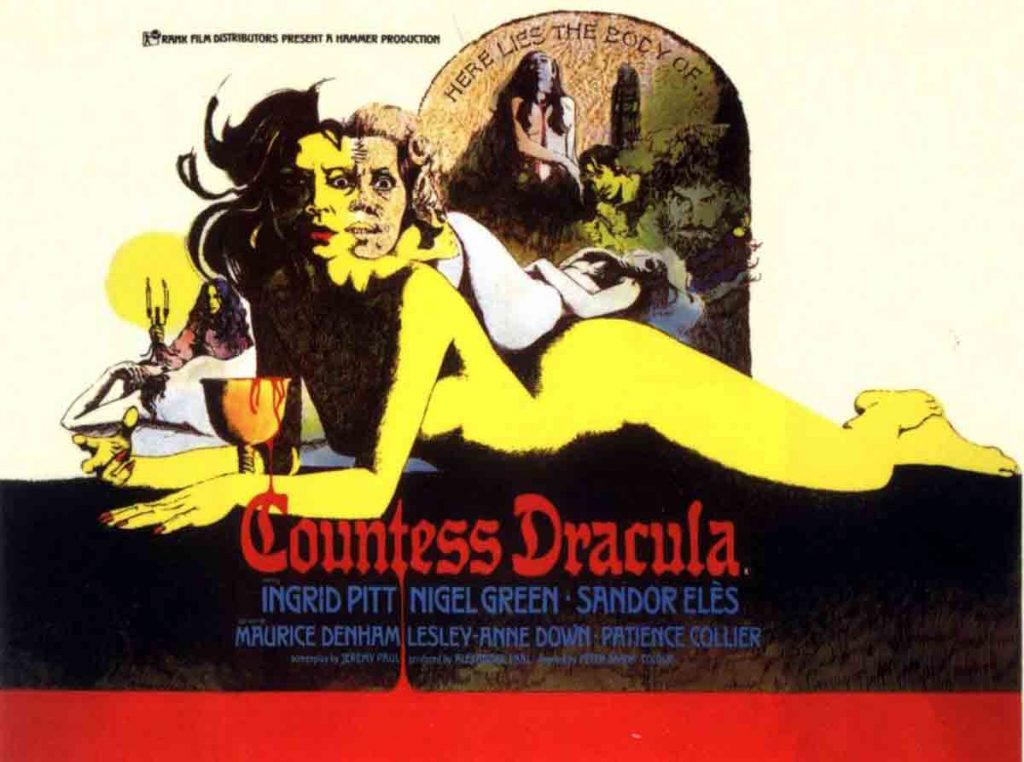


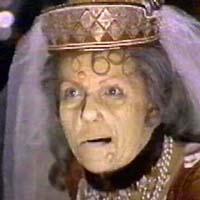
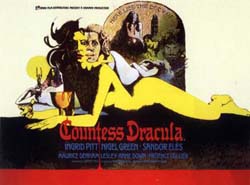






This was a great film, love the write up. Great job.